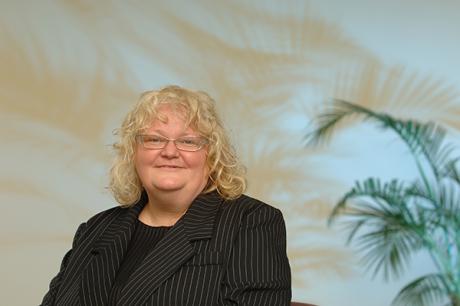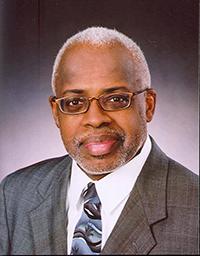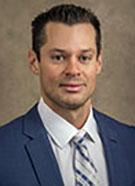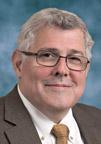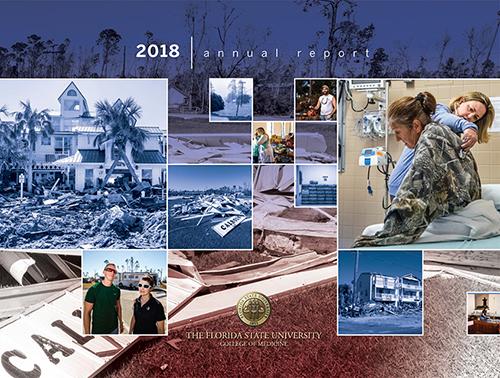Davis selected as LCME student member
Apr 23, 2019
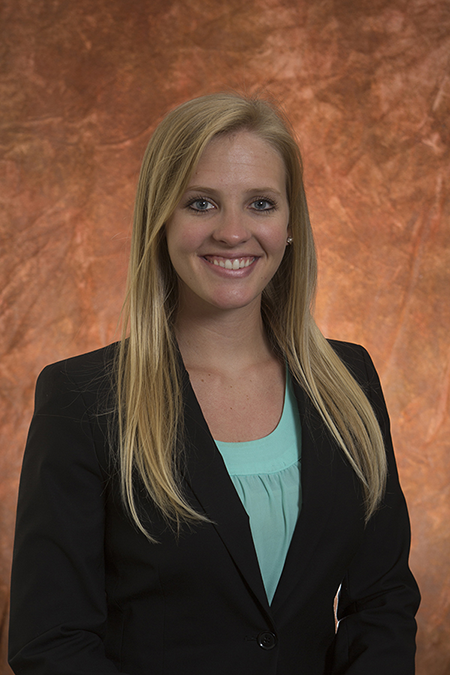
Class of 2020 student Alyssa Davis has been selected to serve as a student member of the Liaison Committee on Medical Education for the 2019-2020 academic year. Davis was notified of her selection by LCME Senior Director of Accreditation Services Veronica Catanese, M.D., who also serves as LCME co-secretary.
Davis applied for the position and was selected in a vote by the LCME leadership. She will begin her work with the LCME during its regular June meeting in Chicago.
The LCME is the U.S. Department of Education-recognized accrediting body for programs leading to the M.D. degree in the United States. It also accredits M.D. programs in Canada, in cooperation with the Committee on Accreditation of Canadian Medical Schools (CACMS). The LCME is jointly sponsored by the Association of American Medical Colleges (AAMC) and the American Medical Association (AMA).
Each parent organization appoints members. Two are medical students – one selected by a nominative process through the AAMC Secretariat office of the LCME and the other through the AMA Medical Students Section (MSS).
Davis will sit for a one-year term as a full voting member. She will participate in the presentation of site-visit reports, progress reports, and in one site accreditation visit. LCME student members are required to be in their final year of medical school to be eligible to serve on the committee.
The position requires a significant time commitment to the LCME, including attendance at four mid-week two day meetings in either Chicago or Washington, D.C., and participation in a four-day accreditation site visit. These trips are funded by the parent organizations.
Davis is the first FSU College of Medicine student selected to serve as an LCME student member. College of Medicine Dean John P. Fogarty is the past LCME chair and continues to serve as a member of site-visit teams visiting medical schools during the accreditation and reaccreditation process.


